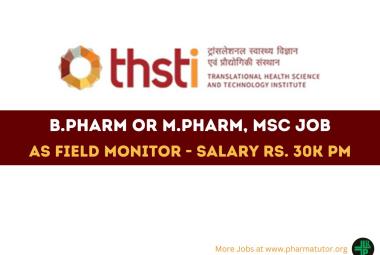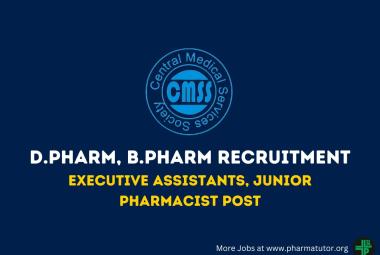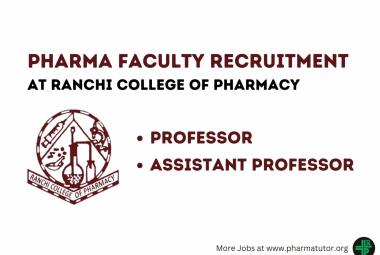INFLECTRA will be the first biosimilar monoclonal antibody (mAb) and only the second biosimilar to be available in the U.S. It is approved for the treatment of:
-adult patients and pediatric patients (ages six years and older) with moderate to severely active Crohn’s disease who have had an inadequate response to conventional therapy;
-adult patients with moderate to severely active ulcerative colitis who have had an inadequate response to conventional therapy; and
-moderate to severely active rheumatoid arthritis in combination with methotrexate; active ankylosing spondylitis; active psoriatic arthritis; and chronic severe plaque psoriasis.
Eli Lilly and Company announced that the U.S. Food and Drug Administration (FDA) has granted approval of LARTRUVO™ (olaratumab injection, 10 mg/mL), in combination with doxorubicin, for the treatment of adults with soft tissue sarcoma (STS) with a histologic subtype for which an anthracycline-containing regimen is appropriate and which is not amenable to curative treatment with radiotherapy or surgery. LARTRUVO's indication is approved under Accelerated Approval, and is based on data from the Phase 2 portion of the pivotal JGDG trial. Continued approval for this indication may be contingent upon verification and description of clinical benefit in a confirmatory trial.











.png)


